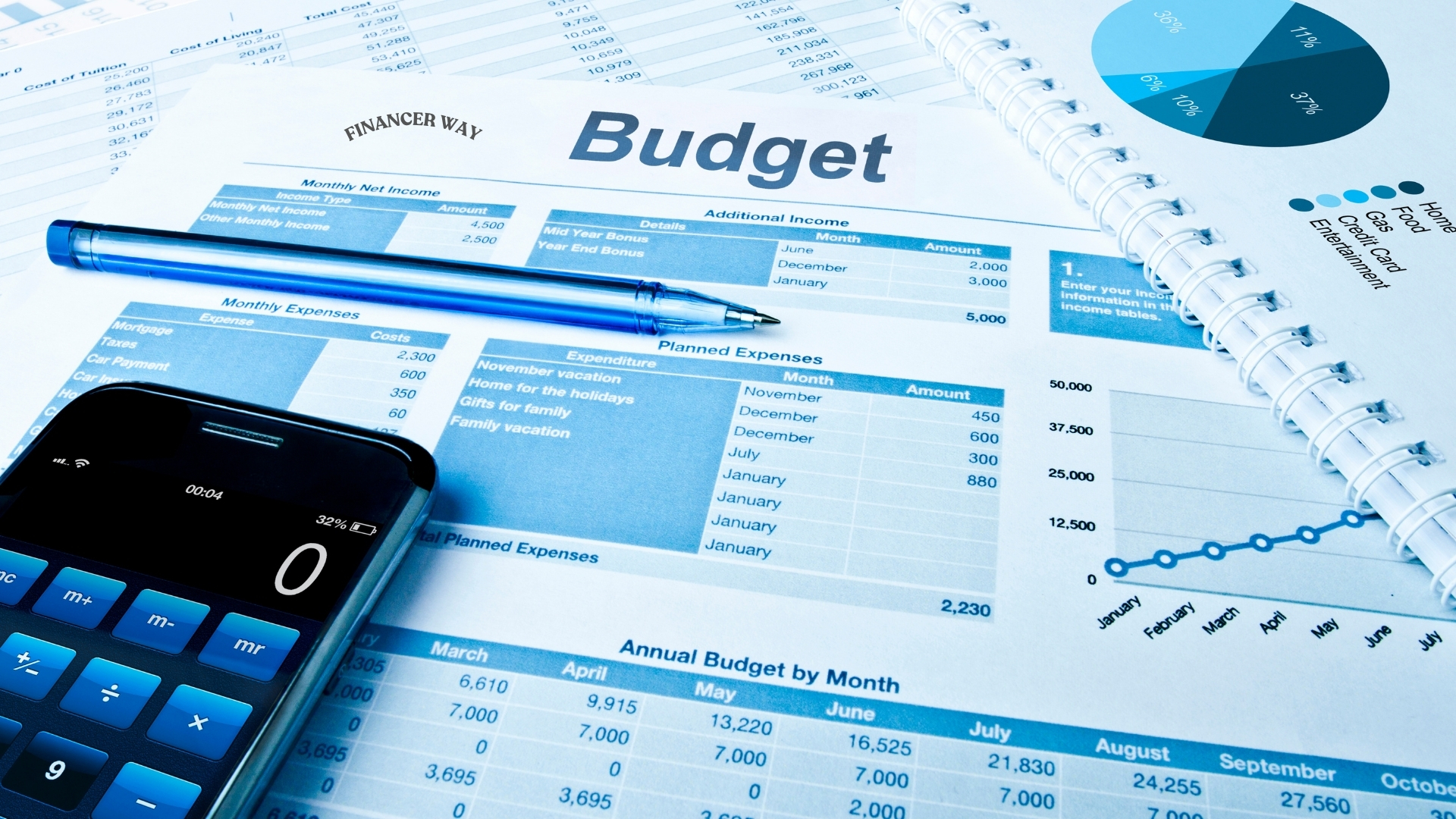“Learn how to set a realistic and healthy food budget. Discover the average cost of groceries in Canada and get great tips on how to track spending and purchases.”
Setting a good food budget can vary greatly depending on several factors, including your location, food preferences, and household size. In this article, we’ll look at the average cost of food in Canada, the factors that affect your food bill, and a guide to setting a realistic and healthy food budget.
The average price of groceries in Canada

According to Statistics Canada, the average monthly grocery bill for a Canadian family is approximately $850. However, depending on your specific circumstances this number could range from $500 to $1,500 or more.
Overview of average monthly grocery spending in Canada

- Yield: $150 – $250
- Meat, poultry and seafood: $100 – $200
- Dairy and Eggs: $50 – $100
- Grains and Pantry Items: $100 – $200
- Snacks and desserts: $50 – $100
- Drinks: $50 – $100
- Other (spices, seasonings, etc.): $20 – $50
Factors That Affect Your Grocery Bill

1. Home size: The larger your home, the more you’ll spend on food.
- 1-2 people: $500 – $800 per month
- 3-4 people: $800 – $1,200 per month
- 5 or more people: $1,200 – $1,800 per month
2. Dietary preferences: Special diets, such as gluten-free or organic, can increase your grocery bill.
- Gluten-free: +10% to +20% of total supermarket bill
- Organic: +20% to +30% of total supermarket bill
3. Location: Grocery prices vary by province and city.
- Urban areas: +10% to +20% of total grocery bill
- Rural areas: -10% to -20% of total grocery bill
4. Food choices: Eating meat, seafood, and processed foods can be more expensive than plant-based options.
- Meat-based meals: +10% to +20% of total supermarket bill
- Plant-based diet: -10% to -20% of total grocery bill
5. Coupons and Deals: Using coupons and shopping during sales can lower your grocery bill.
- Save +5% to +10% with coupons and offers
Establish a realistic and healthy food budget

1. Track your spending: Track your grocery expenses for a month to determine your average costs.
2. Plan your meals: Plan weekly meals to avoid food waste and impulse buying.
3. Shop smart: Buy in bulk, use coupons and shop during sales.
4. Consider your dietary needs: Allocate more money for special dietary needs.
5. Review and adjust: Review your budget periodically and adjust it as needed.
Suggested budget allocation for groceries

- Production: 30-40% of your budget
- Protein: 20-30%
- Milk and eggs: 10-20%
- Grains and Pantry Items: 20-30%
- Salt and seasoning: 5-10%
- Beverages: 5-10%
- Others (spices, seasonings etc): 5%
Tips to Stay Within Your Budget

- Buy in bulk: Buying things like rice, pasta and canned goods in bulk can save you money.
- Use coupons: Clip coupons from newspapers, magazines or online to save on your grocery bill.
- Shop during sales: Plan your meals based on items that are on sale.
- Avoid impulse buying: Stick to your shopping list to avoid buying unnecessary items.
- Cooking at home: Eating out can be expensive, so try to cook at home more often.
Conclusion
A good groceries budget will vary depending on your personal circumstances. By understanding the average cost of food in Canada, the factors that affect your food bill, and setting a realistic and healthy food budget, you will be able to make informed decisions about your food expenses to ensure you get the most for your money. To ensure you’re getting the best value, remember to keep track of your expenses, plan your meals, shop smart and review your budget regularly.
Frequently Asked Questions (FAQ)
Q. How much should I budget for groceries?
A. The average Canadian family spends about $850 per month on food.
Q. What factors affect my groceries bill?
A. Household size, dietary preferences, location, food options and coupons/sales.
Q. How can I lower my groceries bill?
A. Track expenses, plan meals, shop smart, use coupons and buy in bulk.
Q. What is the recommended budget for groceries?
A. (30-40%), protein (20-30%), milk and eggs (10-20%), grains and pantry items (20-30%), snacks and candy (5-10%), and beverages ( 5) -10%).
Q. How often should I review my groceries budget?
A. Regularly, ideally every 2 or 3 months, to adapt to changes in your household and spending habits.
Additional Resources
Meal planning apps: Plan your meals and create shopping lists with apps like Mealime, Yummly, or Plan to Eat.
Groceries budget app: Track your spending and stay on budget with apps like Mint, Personal Capital, or YNAB (You Need a Budget).
Coupon Websites – Find coupons and discounts on websites like Coupons.ca, Save.ca or RetailMeNot.
Bulk Shopping Stores: Consider shopping for non-perishable items at wholesale stores like Costco, Walmart, or Bulk Barn.
Local Farmers Markets – Support local farmers and find fresh produce at farmers markets in your area.
Tips and Tricks
Buy in season: Seasonal produce is usually cheaper and tastes better.
Use cash back apps: Apps like Ibotta or Checkout 51 offer cash back on certain grocery items.
Avoid processed foods: Processed foods are often more expensive and less healthy than whole foods.
Shop with a list: Stick to your shopping list to avoid impulse purchases.
Use unit prices: Compare prices between brands and sizes by checking the unit price (price per ounce or pound).
